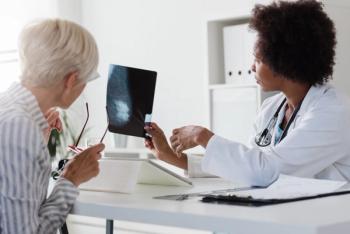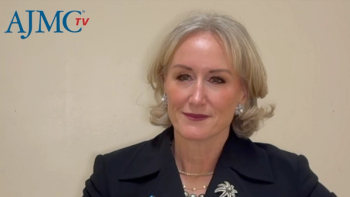
COVID-19 Delays in Breast Cancer Surgery Could Mean More Deaths Over Next Decade
A new analysis predicts close to 3000 additional deaths over a 10-year period in patients who faced delays in breast cancer treatment during the pandemic.
The coronavirus disease 2019 (COVID-19) pandemic has caused widespread delays and cancellations in the health care world, including in cancer care. And for breast cancer patients facing delays in surgery, this could result in close to 3000 additional deaths over a 10-year period, according to an
The database, a tool used to provide data and insight to drug developers and investors, estimates that there will be 335,779 new breast cancer cases in the United States in 2020, 319,700 of which will be non-metastatic.
Those patients have good potential for positive outcomes when treated quickly and appropriately, but delays in care can make a significant difference. The press release highlights a
With those percentages and the estimated number of new cases over the entire year in mind, Kantar Health expects that 79,925 new non-metastatic breast cancer cases were diagnosed in the first 3 months of the pandemic when
One questionnaire published in Breast Cancer Research and Treatment in August found that
The Kantar Health analysis also expects the cost of cancer treatment to rise because of the number of patients whose disease will become metastatic at some point. They estimate that breast cancer car will cost an additional $215.2 million at 5 years post-COVID-19 and $376.7 million 10 years after.
“The effects of the pandemic will be felt deeply in many disease areas, but none more so than in oncology,” Jeremy Brody, chief strategy officer at Kantar Health, said in the release. “It is important that patients continue to maintain their regular appointments and screenings to detect and treat breast cancer. The COVID-19 global pandemic needs to be a catalyst for the health care system to seek new ways to reach patients and ensure early detection screenings continue.”
References
1. COVID-19 Related Breast Cancer Surgery Delays Could Result in Nearly 3,000 Additional Deaths Over a 10 Year Period. News Release. Businesswire; October 19, 2020. Accessed October 19, 2020.
2. Papautsky EL, Hamlish T. Patient‑reported treatment delays in breast cancer care during the COVID‑19 pandemic. Breast Cancer Res Treat. Published online August 9, 2020. doi:10.1007/s10549-020-05828-7
Newsletter
Stay ahead of policy, cost, and value—subscribe to AJMC for expert insights at the intersection of clinical care and health economics.








